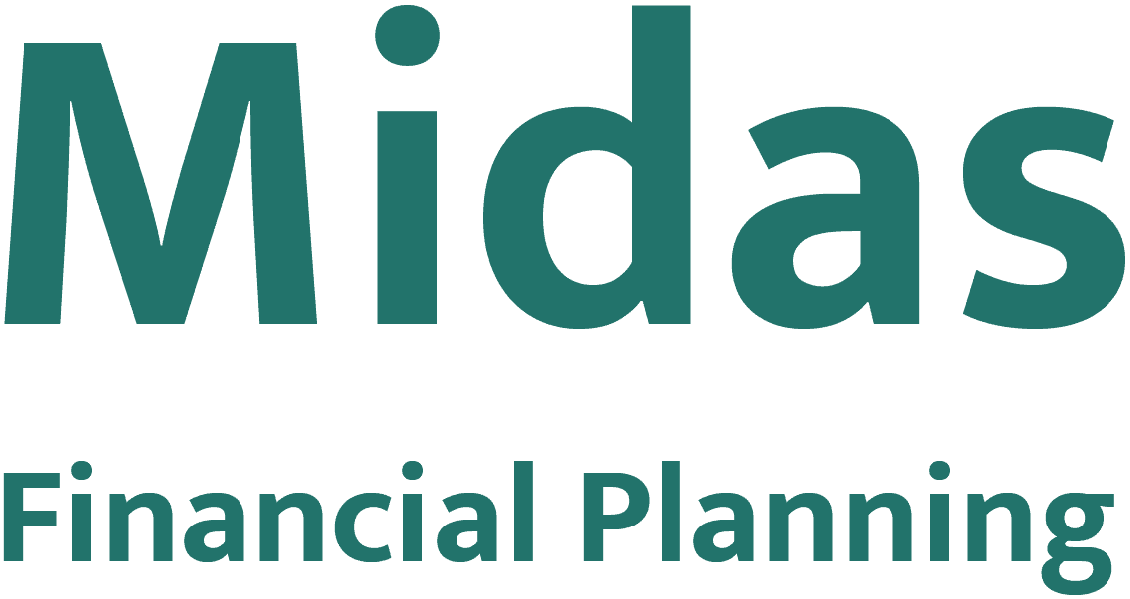Remortgage
- Access to competitive rates and some you can't get direct
- Specialist Advisers
- We work with variety of providers
What's On This Page?
Get In Touch
Home » Remortgage

Remortgage
Charlie explains how the remortgage process works and why remortgaging is a good idea.
What is a remortgage and how does the process of remortgaging work in the UK?
People usually look at remortgaging when an existing mortgage is coming to an end of its fixed rate or tracker rate. When that ends you move on to what’s called the standard variable rate – so you should look at your options.
It could also be that you want to change your lender. Remortgaging is basically changing your current mortgage.
How long does it take to remortgage?
Typically it takes two to three months to complete a remortgage. However, the majority of lenders will now let you do this up to six months in advance.
At the moment we don’t really know which way the market is going, but it is starting to look a little bit more promising. Inflation has now dropped but if it were to rise again, rates could go higher [podcast recorded in December 2023].
So it’s absolutely vital to lock into a good deal right now, so that if things were to get worse you have peace of mind that we have secured you a better rate. If rates get better, we’ve got enough time to switch you to a lower rate. Talk to a broker as early as possible as it could potentially save you a lot of money.
What are the main reasons why people choose to remortgage?
Most people look to remortgage as their current fixed deal is coming to an end and there is a more favourable deal with another lender.
Other reasons for remortgaging could be that you’re looking to capitalise for home improvements, debt consolidation or even to purchase another property. We are able to assist in all of these scenarios.
What happens to my existing mortgage when I remortgage?
When you remortgage to a new lender, your existing mortgage will be paid off on completion of your new mortgage.
What happens if I don’t remortgage after my deal expires?
If you don’t remortgage after your deal expires, your mortgage will fall onto what is called the standard variable rate. This means your monthly mortgage payment will increase.
Can I remortgage to consolidate my debts?
Yes, absolutely, you’re able to remortgage for a number of reasons, including capital raising and consolidating debt.
Can I remortgage if I have bad credit?
Yes. There are specialist lenders out there even if you have bad credit. Just make your broker aware from the outset and they will be able to advise what is available. It’s worth noting that typically rates are higher than with a high street lender.
Will I have to pay any fees or penalties when remortgaging?
If you’re currently fixed in and you choose to remortgage before your fixed deal runs out then exit fees and penalties might apply.
But you can look to remortgage when your fixed deal comes to an end, to avoid paying any fees or penalties. There may also be arrangement fees which you can choose to add to the loan, typically.
There are products with and without fees. Products with arrangement fees normally offer a slightly better interest rate, which means your monthly payments are going to be slightly lower.
However, adding an arrangement fee to your mortgage loan means you’re increasing your mortgage balance, and you’ll have to pay interest on this for the entirety of the mortgage. So, it’s worth considering all your options.
Speak To an Expert
How much could I potentially save by remortgaging?
It ultimately depends on when your current fixed deal ends, your current rate and where the market is. Currently, in December 2023, most people have been on lower interest rates than those currently available.
By remortgaging, you will potentially be increasing your mortgage payments. However, it is always cheaper to remortgage than to stay on the lender’s standard variable rate.
If I decide to remortgage, what documentation will I need to provide through the process?
You will need to provide the same documentation as any other mortgage. That’s typically three months’ payslips, corresponding bank statements to reflect income, plus identification – your passport and driving licence.
If you’re self-employed, we’re going to want to see your last two years’ tax calculations and overviews and potentially a copy of your accounts.
Can I switch lenders when remortgaging?
Yes, you have two options, really. You can do a product switch with your existing lender or you can remortgage to a different lender.
At Midas Financial Planning we will look at options with your current lender as well as the market leader. We’ll send you the options which are most financially favourable for you.
Will I need a new valuation or survey when remortgaging?
Some lenders will instruct a new survey, but most will now just do a desktop valuation. Normally there isn’t an additional cost for this. The survey or valuation would be free.
Can I remortgage if I’m self-employed or a contractor?
Yes. Normally we would require two years’ figures if you’re self-employed. There are a couple of lenders that will consider one year’s full figures.
If you’re a contractor, we can source a lender that suits your needs. Some lenders view contractors as self-employed and some view them as employed, especially if you’re part of the CIS (Construction Industry Scheme). It’s always worth speaking to a broker if you fall into this category.
How often can I remortgage a property?
It depends, really. Most people would remortgage every two to five years – and we will review your financial circumstances each time to ensure you’re going for the right mortgage for you.
Can I remortgage if I’m nearing retirement age?
Yes, you’re able to remortgage even if you’re approaching retirement age. Lenders are introducing a wide range of products for later life lending now.
It’s always worth speaking to a broker and we can look at all your options. There are lenders that stretch borrowing up to age 80, based on retirement income. You might be surprised at what options may be available for you.
